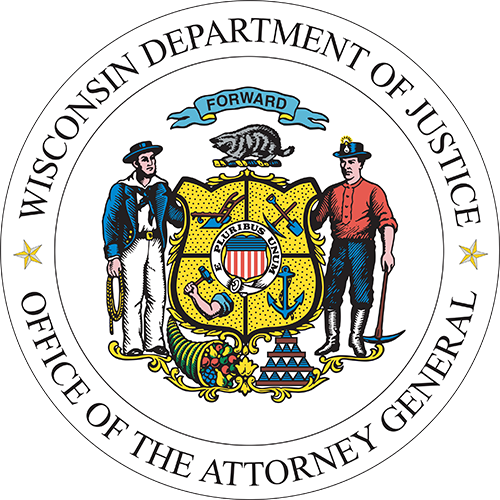Attorney General Kaul Supports Dane County COVID-19 Emergency Order with Amicus Briefs
MADISON, Wis. – Attorney General Josh Kaul today filed amicus briefs supporting Dane County as its Emergency Order 9 is challenged by two petitions before the Wisconsin Supreme Court. (James v. Heinrich, 2020AP1419-OA and Wisconsin Council of Religion and Independent Schools, et al. v. Heinrich, 2020AP1420-OA). Among other things, Emergency Order 9 requires all county schools to begin the school year virtually for students in grades 3 through 12, closing them to in-person pupil instruction.
The briefs state, “For over a century, Wisconsin has maintained a public health infrastructure that empowers local health officials to be a critical line of defense, barring public gatherings and swiftly taking any actions that are reasonable and necessary to suppress spreading diseases. That is precisely what Dane County did here, barring in-person school instruction in order to prevent outbreaks of COVID-19.”
The briefs argue that the Supreme Court should deny the petitions because the emergency order is a lawful and appropriate public health measure to suppress the spread of COVID-19.
The briefs support Janel Heinrich, Dane County Public Health Officer and Director of Public Health, in opposing the two petitions. The petitions contend that by barring in-person instruction, Emergency Order 9 exceeds Heinrich’s statutory authority and violates petitioners’ religious liberties and right to direct their children’s education.
The briefs argue that during a public health crisis, a public health officials’ decision to implement emergency health measures is entitled to significant deference, and that constitutional rights do not permit individuals to engage in activities that pose serious public health risks. The briefs also argue that Wisconsin’s laws explicitly empower local health officials to take reasonable and necessary actions to suppress potentially lethal diseases like COVID-19, which may include barring in-person group instruction in appropriate circumstances. In addition, the brief asks the Court to reject petitioners’ request to have their case directly resolved by the Wisconsin Supreme Court, since the petitions raise a host of factual assertions that should be resolved through the presentation of competing evidence in a trial court.
The briefs can be found here and here.
